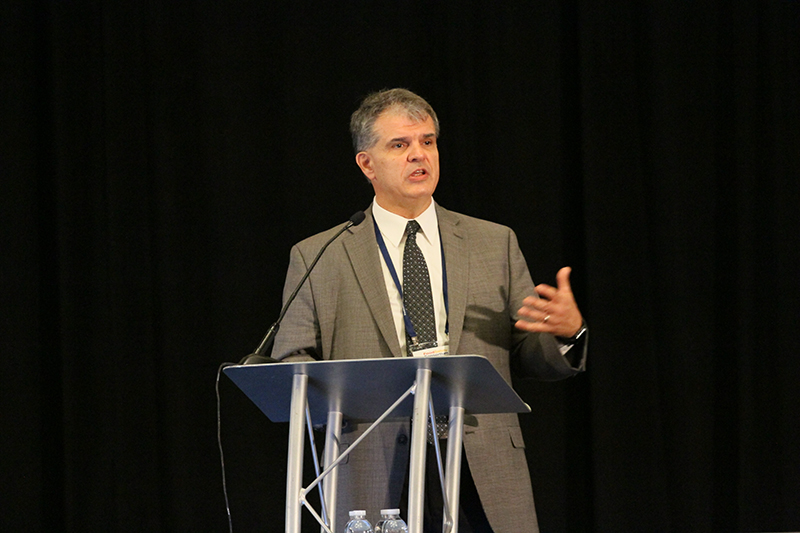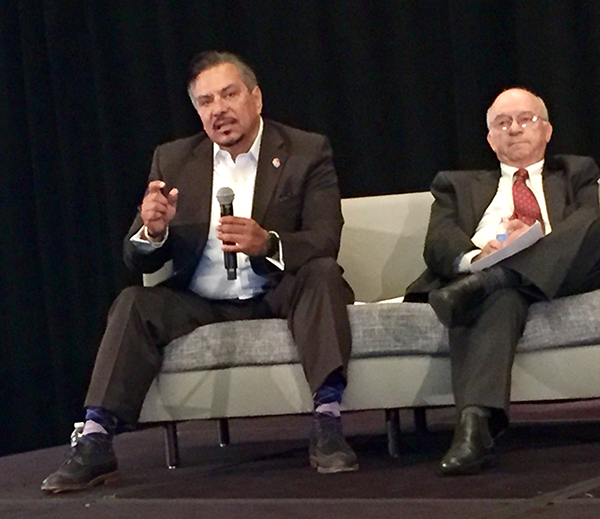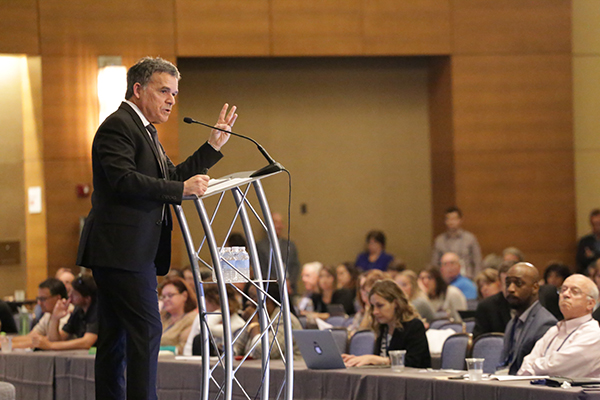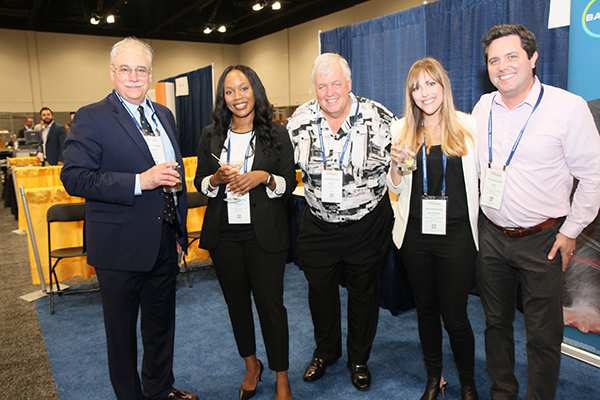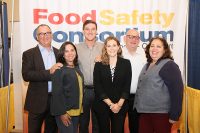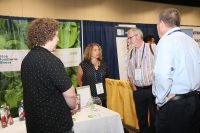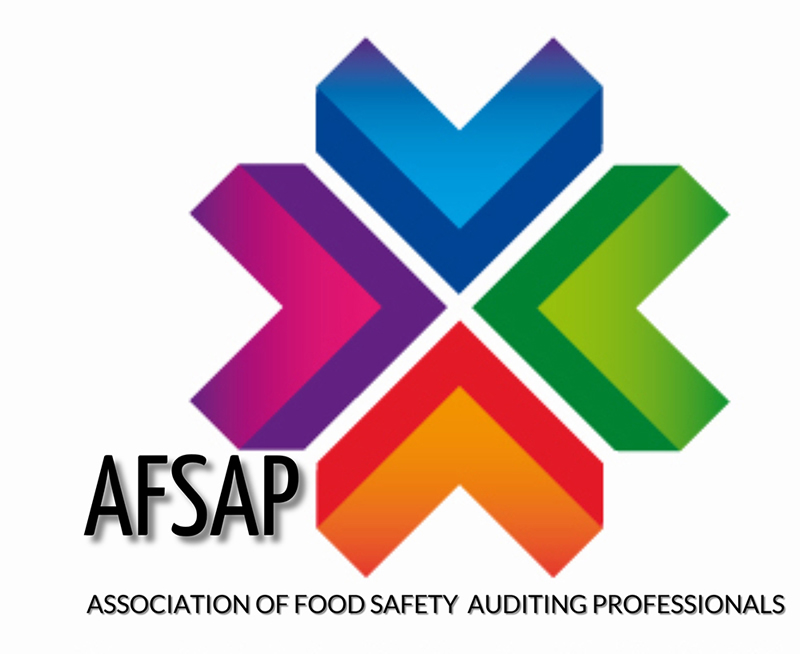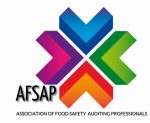Last week’s seventh annual Food Safety Consortium brought together a variety of industry experts to discuss key topics around regulation, compliance, leadership, testing, foodborne illness, food defense and more. The following are just a few sound bytes from what we heard at the event. (Click on any photo to enlarge)
 |
“The food system today, while it’s still impressive, it still has one Achilles heel—lack of traceability and transparency.” – Frank Yiannas, deputy commissioner for food policy & response, FDA. Read the full article on Yiannas’ keynote session |
“A typical food company only has about 5% visibility into known supply chain threats.” – Ron Stakland, senior business development, FoodChain ID, Inc.
“For most of us, our supply chain is a big black hole. Why are we so fearful of technology? Is it the implementation itself? What if technology could help us solve some of those perennial problems? There are resources available to help us get there.” – ¬ Jeremy Schneider, business development director, food safety and quality assurance, Controlant
“We’ll see more robotics enter the food space.” – Gina Nicholson Kramer, executive director, Savour Food Safety International
 |
“Changes are happening; you can choose to face it or ignore it. We’re at least 10 years behind on technology. Automation/technology is not a new term in aerospace, etc., but to us [the food industry], it is. We will get there.” – Melody Ge, head of compliance, Corvium, Inc., on how industry should prepare for the data-driven transformation occurring in the smarter era of food safety |
It’s okay to risk and fail, but how are going to remediate that with your employee? The more learners practice in different scenarios, the less they rely on specific examples. [They] become more adept with dealing with decision making.” – Kathryn Birmingham, Ph.D., VP for research and development, ImEpik, on employee training
“As a contract lab with the vision of testing for foodborne viruses for about 10 years—it wasn’t until about three or four years ago that we had the test kits to turn that into a reality. We also didn’t have a reference method.” – Erin Crowley, chief scientific officer, Q Laboratories, on the viral landscape of testing in the food industry
| “You have to be strong and you have to believe in yourself before you get into any situation—especially as a food safety professional.” – Al Baroudi, Ph.D., vice president of quality assurance and food safety at The Cheesecake Factory, on what it takes to earn respect as a food safety professional | 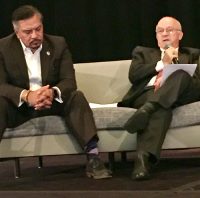 |
“’See something, say something’ is likely not enough. We recommend that companies develop a formal detection program that includes management buy-in, HR and governance, and policy documents, formal training and an awareness program…While FDA focuses on the insider threat, we feel that using a broader mitigation approach works best.” – R. Spencer Lane, senior security advisor, Business Protection Specialists, Inc. on lessons learned from food defense intentional adulteration vulnerability assessments
“Food safety is a profession, a vocation, [and] a way of life.” – Bob Pudlock, president of Gulf Stream Search

